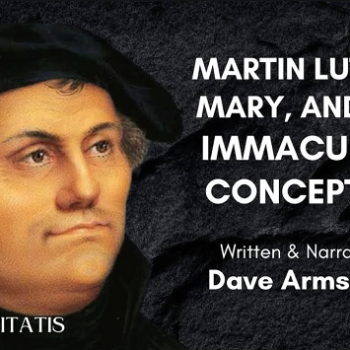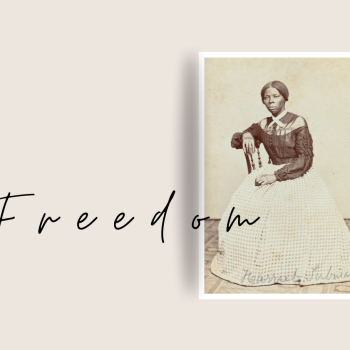In years past I had a major presence in that segment of Evangelicalism devoted to apologetic confrontation with new religions ("cults") and certain world religions. After undergoing a paradigm shift I moved away from this type of understanding and way of engagement, and in more recent years have been involved in interreligious encounters that, while not compromising my convictions, are more civil and diplomatic. This has included personal friendships and interactions with people across a religious spectrum, from Mormons to Pagans, Muslims, and atheists. This personal journey of life and faith provides me with the perspective that I bring to my review of Os Guinness' new volume, The Global Public Square: Religious Freedom and the Making of a World Safe for Diversity.
This book addresses a pressing challenge to everyone in our postmodern, post-9/11 world. Guinness summarizes the questions succinctly in the book's opening pages:
How do we live with our deepest differences, especially when those differences are religious and ideological, and very especially when those differences concern matters of our common public life? In short, how do we create a global public square and make the world safer for diversity? (13)
Guinness is not the first one to raise such important questions, but as an Evangelical, his willingness to address them and provide the responsive proposal that he does is rare. Evangelicals have shown more interest in evangelism and apologetics as ways of engagement, in proclaiming and defending our faith and its subcultural boundaries than we have in tackling the pressing matters of religious and ideological difference with concerns for civility and diversity. Guinness is to be commended for overcoming Evangelical blind spots, and for suggesting ways forward that invite participation across the religious, irreligious, and ideological spectrum.
The problem, as Guinness defines it, is a loss of religious freedoms around the world, and a failure to be able to live with our diversity in civility in the public square. Guinness argues that in response we must work toward "soul freedom," a variation of Roger Williams' term "soul liberty" and his work in support of this in a prior generation. The author defines "soul freedom" as "the inviolable freedom of thought, conscience, religion and belief that alone does full justice to the dictates of our humanity." Guinness does not limit soul freedom to Christians, or even to those with religious convictions, but instead recognizes that in order to overcome this challenge, soul freedom must be fought for, applied to, and involve all people of diverse and competing convictions, because "no solution will be possible without a partnership between responsible religious believers and responsible secularists" (27).
Guinness is aware that religious freedom and civility in diversity are not pursued as the most pressing of issues of our time, but he correctly notes that this underlies many of the problems we face that receive far more attention, discussion, and strategy formation. Whether "terrorism, famine, HIV/AIDS, nuclear proliferation, environmental degradation and shortages of water" (31), Guinness shrewdly argues that "how we live with our deepest difference lies behind so many of the other issues and the way they will be handled" (Ibid.).
In response to the challenges we face, Guinness draws attention to two extreme competing visions that have been offered as the way forward. This includes two competing visions of public life, the naked public square, which excludes religious expression from public life, and the sacred public square, that tends to provide a preferred position or monopoly in public life to a religious tradition in a given culture (122). In Guinness' view, both of these positions are problematic, and instead he provides his own proposal for a civil public square. This is set forth in chapter 8, the heart of this volume, where the author describes his alternative model:
A civil public square is a vision of public life in which citizens of all faiths and none are free to enter and engage public life on the basis of their faith, as a matter of freedom of thought, conscience and free exercise, but within an agreed framework of what is understood and respected to be just and free for people of all other faiths too, and thus for the common good. (181)
Guinness connects three key principles to his vision of a civil public square: "[r]eciprocity, mutuality and universality." This involves an application of the Golden Rule to a form of political embodiment in addition to its usual association with the realm of religion. It means that "a right for a Christian is automatically a right for a Jew, an atheist, a Muslim, a Buddhist, a Mormon, a Hindu, a Scientologist and for every believer in every faith under the sun as the earth turns" (181). The inclusion of these elements makes for interactions between human beings who have the strongest disagreements over some of the most pressing issues of life, thus working toward a public square that is marked by both civility and diversity.




